On April 15, Deputy Director of the Food Safety Department Nguyen Hung Long signed a document to send to the Department of Health of localities and the Food Safety and Hygiene Sub-Departments in many provinces and cities, requesting a comprehensive review of product declaration activities, food safety conditions as well as inspection and examination records related to companies on the suspect list.
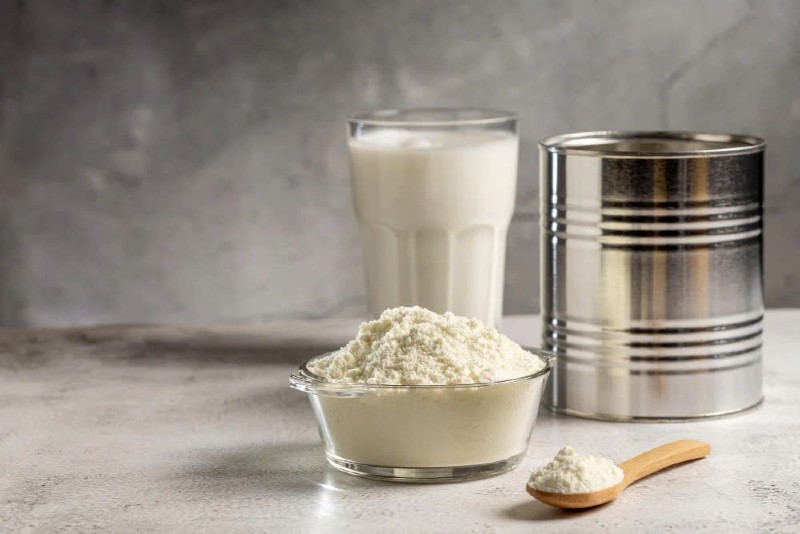 |
| Fake milk causes many consequences for users. Illustration photo |
The Ministry of Health requires that if businesses in the fake milk chain have announced products locally, they must provide information on the quantity and name of each product, and at the same time review the issuance of certificates of facilities meeting food safety conditions.
Functional units are also required to report on inspection, post-inspection, and administrative violation handling activities from 2021 to present. The goal of this move is to clarify management responsibilities, verify loopholes in post-inspection supervision, and prevent the risk of counterfeit goods continuing to enter the market.
Regarding the work of preventing unsafe food, fake food and poor quality food, speaking with reporters, leaders of the Ministry of Health affirmed that they are always consistent in directing and operating through the development, submission and direct issuance of legal documents on food safety.
The Ministry also pays special attention to inter-sectoral coordination, especially with the Ministry of Public Security and Steering Committee 389 of the Ministry of Industry and Trade, in detecting and handling serious violations such as the production and trading of fake food and food containing prohibited substances.
Food safety management is currently clearly regulated in the Food Safety Law, which assigns specific responsibilities to the Ministries of Health, Agriculture and Rural Development (now the Ministry of Agriculture and Environment), Industry and Trade and People's Committees at all levels according to Articles 62, 63, 64 and 65. In particular, Clause 5, Article 64 assigns responsibility to the Ministry of Health to preside over the work of preventing fake food and commercial fraud in the field of food circulation and trading.
One of the important points of management is the mechanism of self-declaration and registration of product declaration, stipulated in Decree 15/2018/ND-CP.
Accordingly, most food products only need to self-declare before being circulated on the market, except for 4 specific groups such as nutritional products for children, foods used in special diets... which must be registered with the competent state agency. Enterprises that self-declare must be fully responsible before the law for the safety and quality of the products.
However, to ensure effective management, post-inspection plays a particularly important role. Every year, the Ministry of Health, as the standing agency of the Central Steering Committee on Food Safety, issues a post-inspection plan for ministries, branches and localities to implement, and at the same time requires strict handling of violations, false advertising, and misleading consumers.
Since the beginning of 2025, the Food Safety Department has issued 3 directives related to post-inspection work in 2025, especially emphasizing the strengthening of inspection, examination, and handling of violations during the Month of Action for Food Safety.
The Departments of Health, Departments of Food Safety and Sub-Departments of Food Safety and Hygiene in localities are required to review self-declared records, product declarations, certificates of establishments meeting food safety conditions, as well as inspection and examination results from 2021 to present.
Previously, public opinion across the country was shaken when the Ministry of Public Security successfully dismantled a large-scale fake milk powder production and consumption ring that lasted for 4 years.
According to the investigation, Hacofood Nutrition Pharmaceutical Joint Stock Company and Rance Pharma International Pharmaceutical Joint Stock Company produced nearly 600 types of fake milk powder, illegally profiting about 500 billion VND.
These products are widely distributed nationwide, from diaper stores, supermarkets to medical facilities, targeting special groups such as children, diabetics, and pregnant women. Worryingly, these products are also heavily promoted by many famous artists, MCs, and actors, making consumers even more confident.
However, test results show that many of these milks only meet less than 70% of the nutritional quality as announced, and do not even contain special ingredients such as bird's nest, DHA, cordyceps... as advertised. The input materials are replaced with additives of unknown origin, potentially posing a serious risk to the health of users.
Experts warn that these fake milks pose a huge risk, especially to people with weak immune systems such as young children, people with chronic illnesses and pregnant women.
Using products with incorrect ingredients not only prevents users from achieving effective health recovery, but can also lead to complications such as digestive disorders, malnutrition, metabolic disorders, and in many cases, the damage progresses silently until the disease becomes severe.
When the nutritional content is only 70% of the declared amount, drinking 3 glasses of milk per day as per the manufacturer's instructions - only brings the equivalent effect of 2 glasses. This prolonged condition can cause the patient to lose their physical condition, slow down recovery, and even worsen the underlying disease.
Not only adults, children also face many risks from fake milk. Dr. Nguyen Duc Nghia, lecturer at Hanoi Medical University, emphasized that children, especially those under 6 years old, have incomplete immune and digestive systems.
Using fake milk can cause vomiting, diarrhea, allergies, and even bacterial and fungal infections due to improper production and storage. More dangerously, these products can also contain heavy metals or toxic additives, directly affecting the liver, kidneys, and neurological development of children.
To protect themselves and their families from the risk of fake milk, experts recommend that consumers choose products with reputable brands, which have been on the market for many years, and are sold at trusted locations such as pharmacies, large supermarkets, and licensed mother and baby stores.
Product packaging must be carefully checked: anti-counterfeit stamps, QR codes, clear manufacturer information, full expiry date, no blurring, no peeling. In particular, consumers should not buy milk through social networks or unofficial channels, where quality control is almost zero.
The production and consumption of nearly 600 types of fake milk not only shows the recklessness and sophistication of the violators but also poses a big problem for management agencies regarding post-inspection and market supervision.
To protect public health, especially vulnerable groups, it is time to tighten licensing, inspection and handling of violations, and step up communication to raise public awareness. Consumer trust cannot continue to be compromised by lax management and careless product selection.
Source: https://baodautu.vn/siet-chat-quan-ly-sau-vu-sua-gia-bo-y-te-yeu-cau-ra-soat-toan-dien-d268162.html


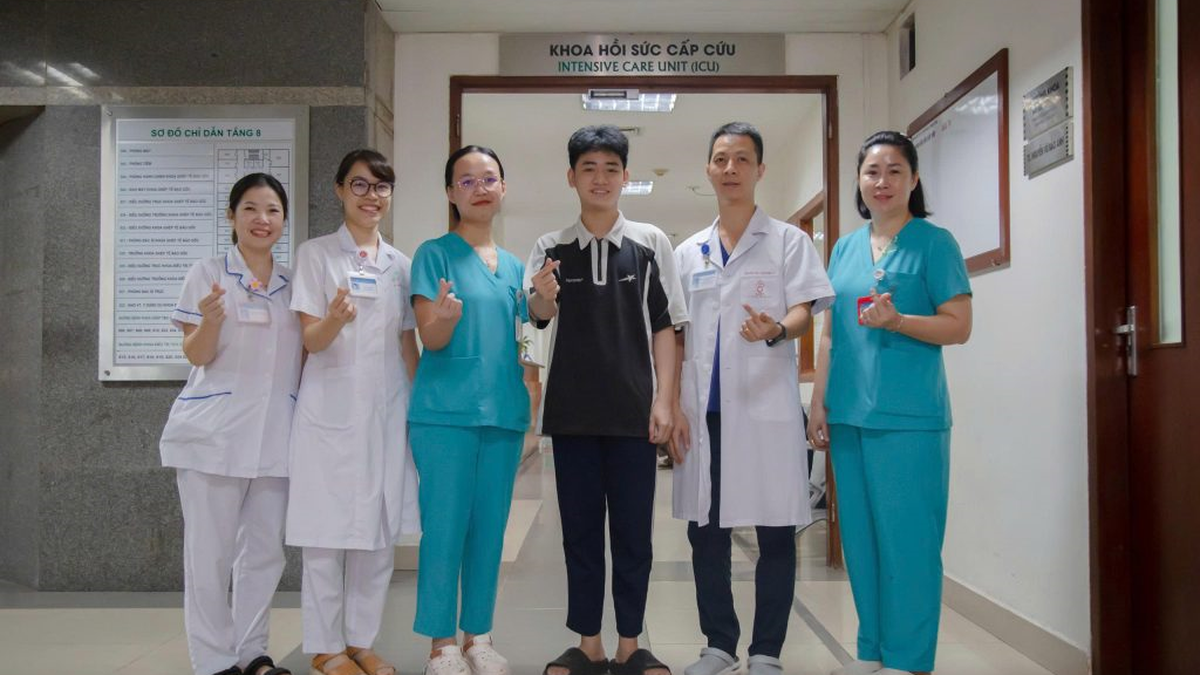
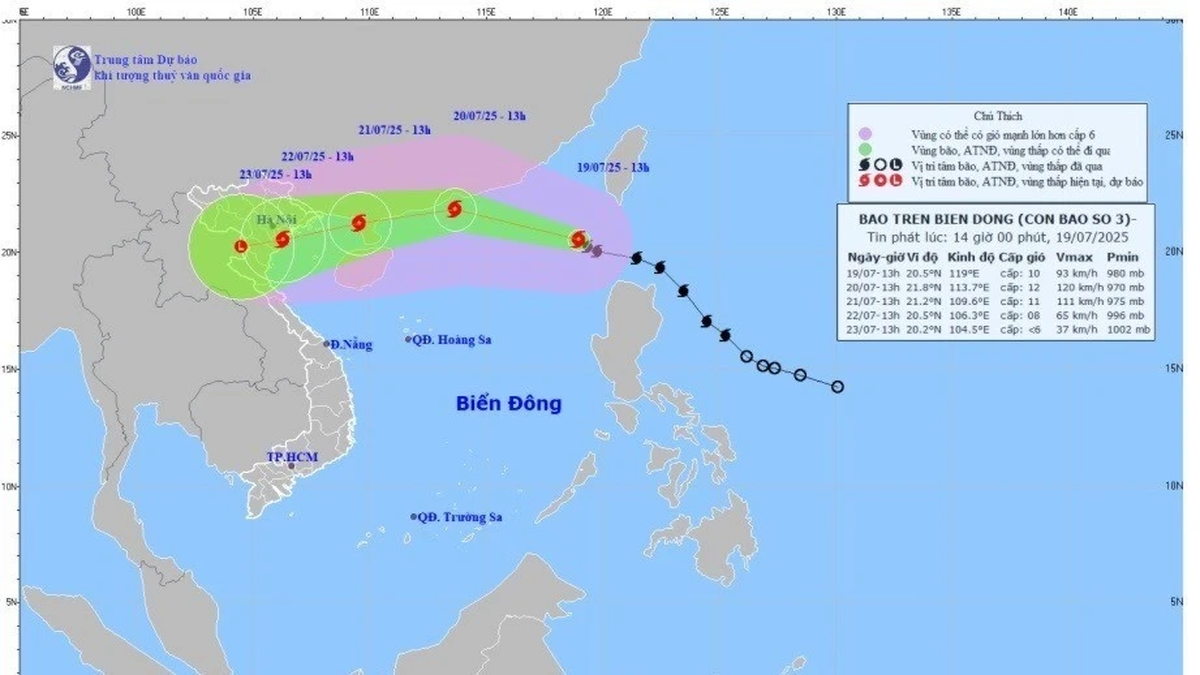






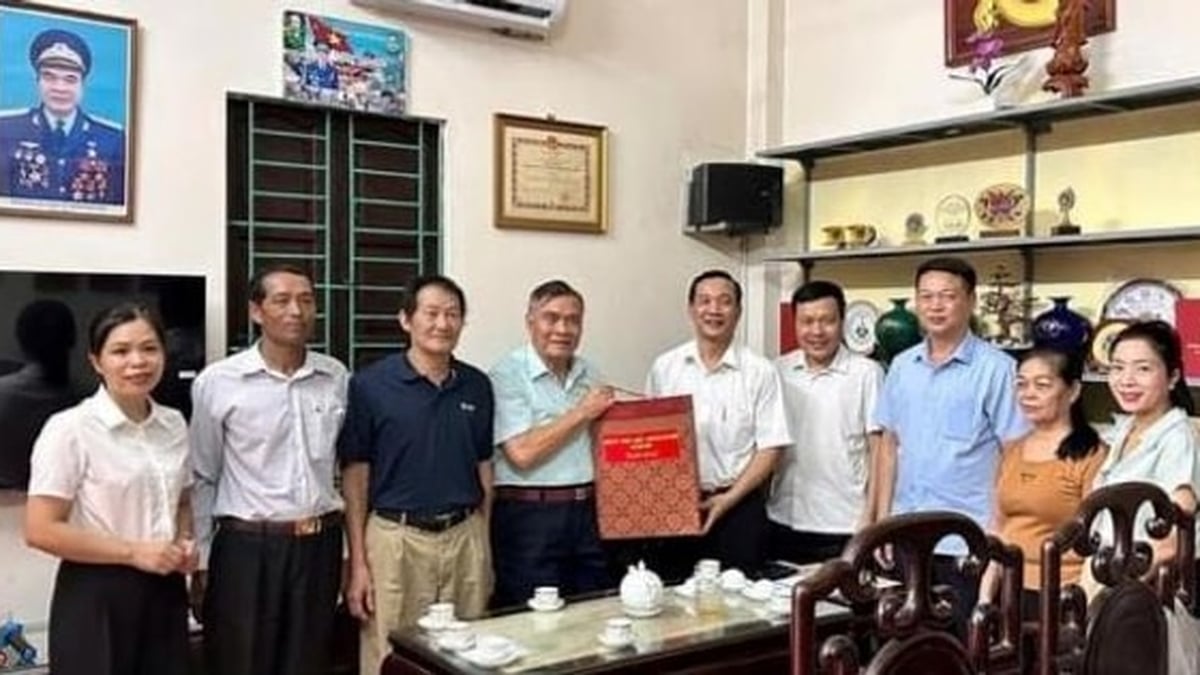
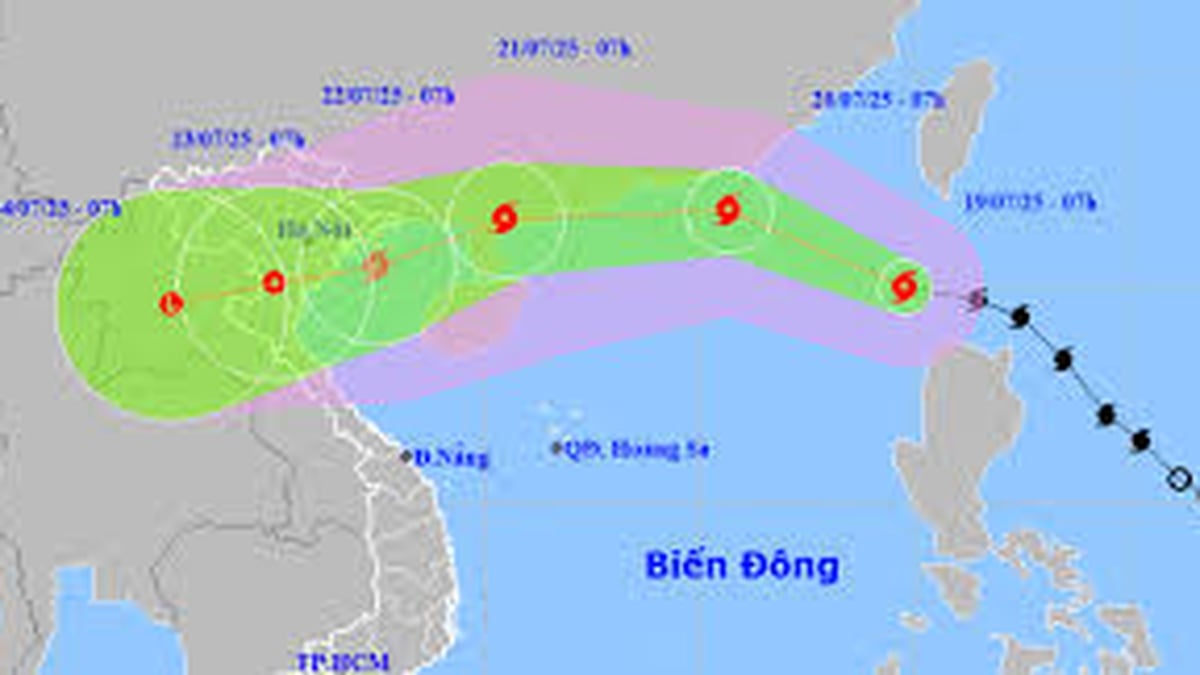























































































Comment (0)